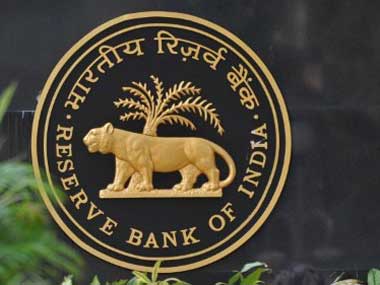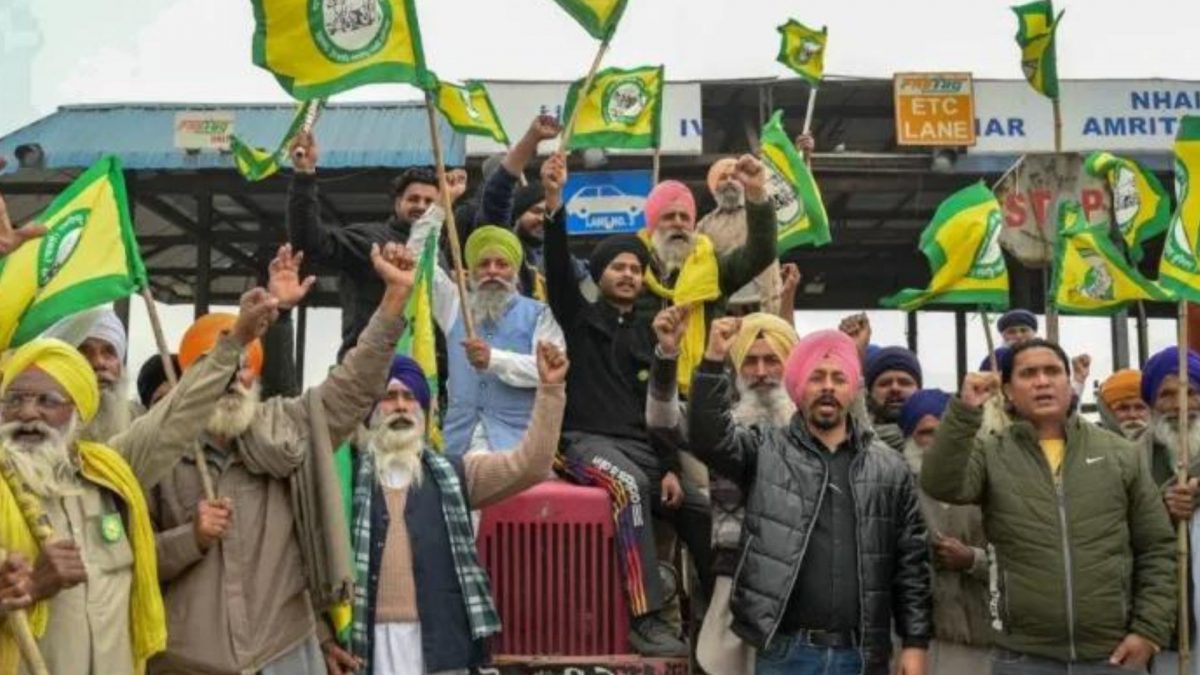This may be the most dovish move yet from Reserve Bank of India governor Raghuram Rajan. He has raised the inflation forecast from 5.8% to 6% for January 2016 and simultaneously cut rates.
When did we last hear of a central bank cutting rates in the very breath that it is raising inflation forecasts. And by an inflation targeting Volckeresque governor, at that!
My guess is Rajan advanced what was in his mind was an August cut, because of the predictions of poor monsoon and not in spite of it.
If inflation does go above the RBI’s April trajectory and comes in above 4% in August, because of the poor monsoons, it would have been difficult for the central bank to cut rate then.
The RBI would have been open to the charge that they didn’t cut when inflation was undershooting and are cutting when the index is overshooting.
Now, when inflation has mildly undershot in March and April and growth is clearly buggered up, a rate cut is more defensible even with an expected rise in inflation forecast 10 months down the line.
While the word guidance hasn’t been used in the statement, the message is clear. No more cuts unless both monsoons and food prices spring a surprise and pull down inflation, a slightly remote possibility at this juncture.
My sense is the RBI’s guidance is intended as much to the government as to the economy: “We have publicly stated our position, we can’t back down now without losing credibility”. Hopefully, the message has hit home.
But this policy statement is noteworthy for its non-monetary contents. First is the detailed request to the government to pursue a prudent food management policy.
The plea appears in three different paragraphs of the four-page statement indicating how serious the RBI is about the need for such a policy.
And it is a fairly detailed request asking the government to concentrate on storage of adequate stocks, timely supply, crop insurance, credit facilities, timely release of stocks, repair of disruptions of food supplies including through imports and de-hoarding.
There is also a subtle hint to the government not to confuse Minimum Support Prices with alleviating farmer distress. “Inflation control will be helped by limiting the increase in agricultural support prices,” says the statement.
The governor fleshed out the point in greater detail in the press conference saying MSPs work for two crops in 4 states and hence don’t alleviate farmer distress across states and crops.
The second noteworthy message to the government was in the area of capitalising banks. The understated message was : You can’t run a healthy economy with sick banks. Revive them.
Twice in the four-page statement the governor argues that monetary easing can only create enabling conditions. A targeted infusion of capital into banks, especially those that are cleaning up their stressed assets, is warranted so that credit flows to the economy.
And thirdly the statement correctly points out the next major policy tangle that the government has to solve to get the economy going is dealing with the state power distribution companies.
The power sector, which was so far stymied for fuel, is now clearly reeling under a situation of excess production and no buyers. So much so that in April, electricity output contracted by 1.1% after growing by double digits or high single digits for nearly 18 months.
For the RBI, the need to strengthen the power discoms is more than just a growth requirement. The banking system is hugely exposed to the state electricity boards and these loans have been ever-greened at ten-year intervals in the name of financial restructuring. Sooner or later the music has to stop.
Hopefully the government will take on board all these three suggestions rather than simply harp on rates and arm-twist the central bank into losing the hard won gains on inflation.


)




)
)
)
)
)
)
)
)